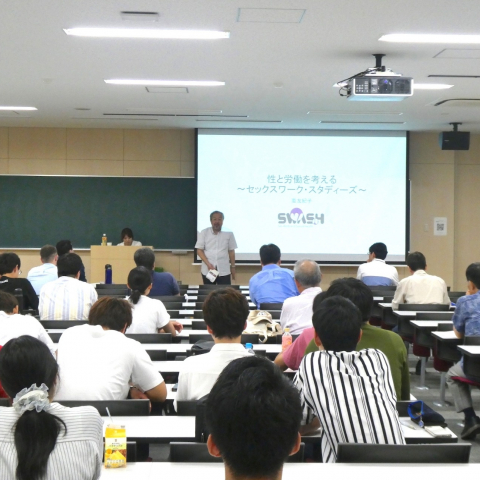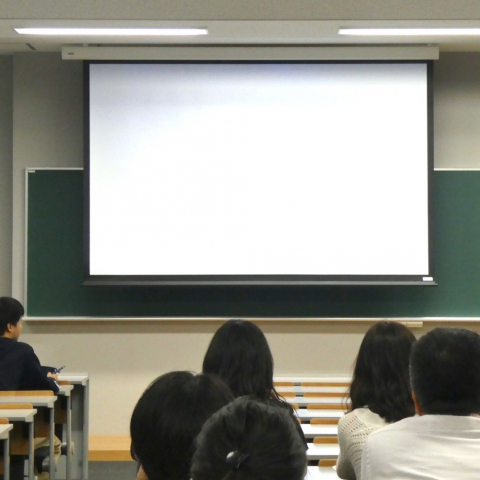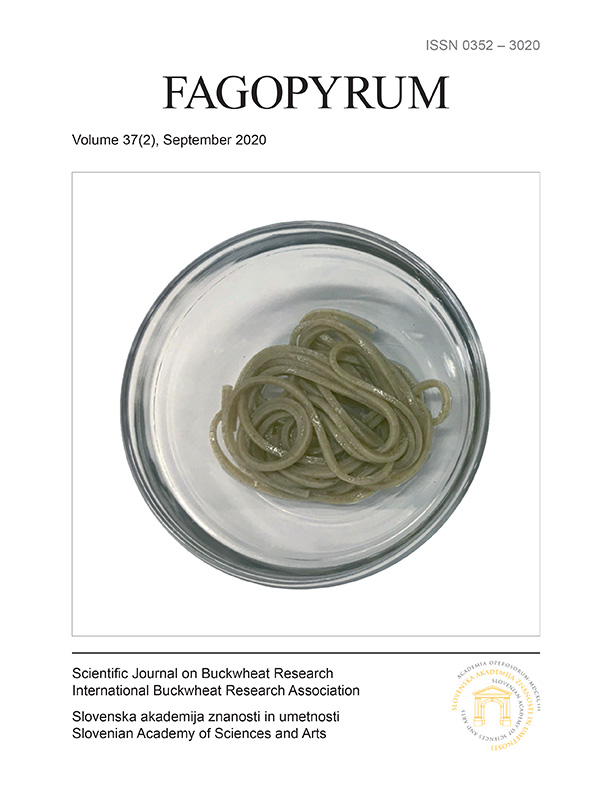ブラウザからレイアウト自由自在
Layout Module
ここにメッセージを入れることができます。

東日本大震災から8年 宮城県石巻市で東日本大震災復興支援ボランティアを実施
【本件のポイント】 ・8月12日~16日の5日間、宮城県石巻市で復興支援活...

法学部公開講演会「性と労働を考える〜セックスワーク・スタディーズ〜」を開催【犯罪学研究センター協力】
2019年7月13日、本学深草キャンパス22号館102教室において、要 友紀子氏...

2019年度 第1回ハラスメントに関する研修会を開催【犯罪学研究センター】
2019年7月10日、本学深草キャンパス 和顔館B102で「2019年度第1回ハラス...

瀬田学舎開学30周年記念事業「社会学部 名刺交換会」を開催!!【社会学部】
2019年、元号が平成から令和に代わり、新たな時代を迎え、龍谷大学瀬田...

2019年8月6日(火)~9月9日(日)のうち、以下の日程は閉室となります...

「法学部メンターシッププログラム」社会人メンターの募集が始まりました。
法学部では、2019年度より「法学部メンターシッププログラム」を実施し...
ジェンダーと宗教研究センター(GRRC)は、SDGsおよび龍谷大学の推奨する「仏教SDGs」の実現の一端を担うべく、2020年4月に開設されました。
仏教をはじめとする宗教研究の知見からジェンダー平等の実現に取り組む第一歩として、創設記念シンポジウムを開催します。
テーマ:誰ひとりとしてとり残さない―ジェンダーと宗教の視点から―
[日時]11月6日(金) 13:15-15:15
[会場]Zoomにて開催
[定員]500名
[料金]無料
[申込方法]
下記のエントリーフォームに必要事項をご記入の上、
11月3日(火)までにお申し込みください。
https://forms.gle/nV3bJnT8ZZ2shd5m6
[内容]
創設記念シンポジウムによせて
入澤 崇(龍谷大学 学長)
基調講演 女性が輝く社会の実現を目指して
竹安 栄子(京都女子大学 学長)
提言
猪瀬 優理(龍谷大学社会学部 准教授)
川橋 範子(国際日本文化研究センター 客員教授)
閉会の辞
岩田 真美(龍谷大学ジェンダーと宗教研究センター センター長)
総合司会 清水耕介(龍谷大学国際学部 教授)
*主催:龍谷大学ジェンダーと宗教研究センター
*共催:京都女子大学宗教・文化研究所
[お問い合わせ]
龍谷大学世界仏教文化研究センター
075-343-3458
grrc-toiawase@ad.ryukoku.ac.jp
[当日窓口]
龍谷大学ジェンダーと宗教研究センター(GRRC)
075-343-3811
https://grrc.ryukoku.ac.jp/
ジェンダーと宗教研究センター(GRRC)は、SDGsおよび龍谷大学の推奨する「仏教SDGs」の実現の一端を担うべく、2020年4月に開設されました。
仏教をはじめとする宗教研究の知見からジェンダー平等の実現に取り組む第一歩として、創設記念シンポジウムを開催します。
龍谷大学ジェンダーと宗教研究センター(GRRC)創設記念シンポジウム
誰ひとりとしてとり残さない―ジェンダーと宗教の視点から―
[日時]11月6日(金) 13:15-15:15
[会場]Zoomにて開催
[定員]500名
[料金]無料
[申込方法]
下記のエントリーフォームに必要事項をご記入の上、
11月3日(火)までにお申し込みください。
https://forms.gle/nV3bJnT8ZZ2shd5m6
[内容]
創設記念シンポジウムによせて
入澤 崇(龍谷大学 学長)
基調講演 女性が輝く社会の実現を目指して
竹安 栄子(京都女子大学 学長)
提言
猪瀬 優理(龍谷大学社会学部 准教授)
川橋 範子(国際日本文化研究センター 客員教授)
閉会の辞
岩田 真美(龍谷大学ジェンダーと宗教研究センター センター長)
総合司会 清水耕介(龍谷大学国際学部 教授)
*主催:龍谷大学ジェンダーと宗教研究センター
*共催:京都女子大学宗教・文化研究所
[お問い合わせ]
龍谷大学世界仏教文化研究センター
075-343-3458
grrc-toiawase@ad.ryukoku.ac.jp
[当日窓口]
龍谷大学ジェンダーと宗教研究センター(GRRC)
075-343-3811
https://grrc.ryukoku.ac.jp/
農学部食品栄養学科 朝見祐也准教授による論文が、国際蕎麦学会が発行する、FAGOPYRUM誌に掲載されました。
【論文名】
Mechanical characteristics of buckwheat noodles made with blue-green alga, ishi-kurage (Nostoc commune Vauch.)
(和訳名:イシクラゲ添加蕎麦麺の物性解析)
掲載論文はこちら
【論文執筆者】
朝見 祐也(農学部食品栄養学科准教授)
禅野 光希(2019年度農学部食品栄養学科卒業生)
三上 桂奈(2019年度農学部食品栄養学科卒業生)
大菅 ひかる(農学部食品栄養学科4回生)
瀬戸山 瑠衣(農学部食品栄養学科4回生)
坂梨 健太(農学部食料農業システム学科講師)
玉井 鉄宗(農学部資源生物科学科講師)
古本 強(農学部植物生命科学科教授)
池田 清和(神戸学院大学名誉教授)
朝見准教授は、2018年から4学科横断の共同研究「『姉川クラゲ』配合食品の商品化に向けての取り組み」研究プロジェクトに参加されています。
今回発表した論文では、イシクラゲをそば粉に1.8%以上の割合で練り込んだ麺は、そば粉中の塩可溶性タンパク質が不溶化し、その結果、歯応えが強くなることを発見。
製品化に向けた試作品の品質も高いことを確認。次は製品の販売に向けて、さらに研究を進めていく予定とのことです。
*姉川クラゲとは・・
姉川クラゲは、イシクラゲと呼ばれる陸王ラン藻類の一種で、全国的に湿った地面などに自生します。姉川クラゲの利点は、抗がん性や抗ウイルス性、紫外線吸収といった効能が期待でき、また乾燥や栄養不足に非常に強いことがあげられます。また環境負荷が小さな農作物として、非常に潜在能力が大きいとされ、食料問題や環境問題の対策になる可能性を秘めています。
そんな姉川クラゲを農学部4学科の教員が共同し、利用の歴史や食文化の解明、販売・流通の観点から研究をおこなっています。
